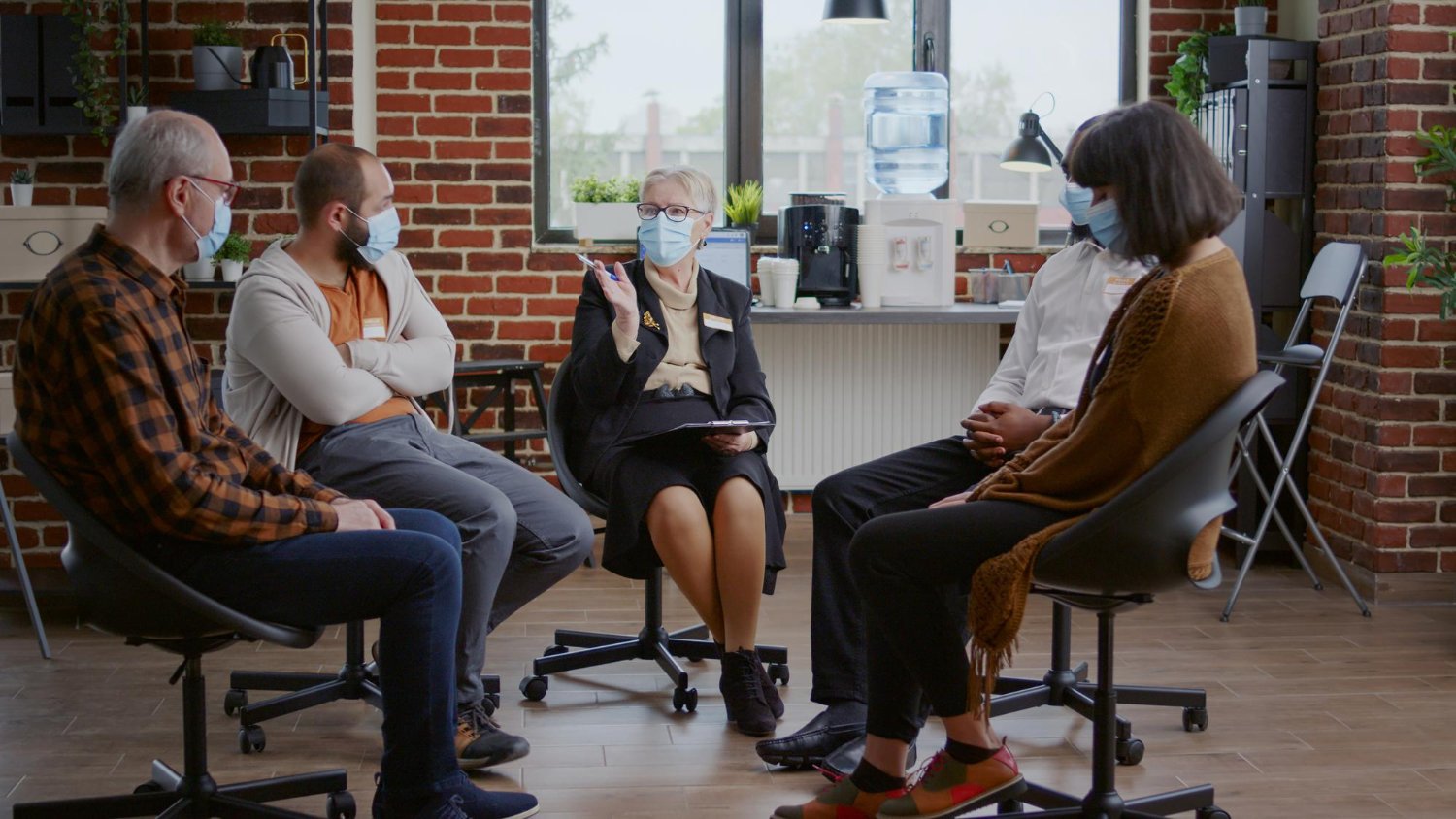Table of Contents
One of the most prevalent mental issues in the United States is addiction. According to recent research, 21 million Americans aged 12 or older (or about 7% of the population) needed treatment for drug misuse in the past few years.
(Break free of your addiction problems with the help of drug rehab nj)
The term “addiction” can be defined as a persistent, regressing brain condition marked by compulsive drug use, notwithstanding negative effects. Nicotine, alcohol, and opioids are just a few of the substances that addicts need to survive.
Addiction can impact a person’s finances, health status, and relationships. In unfortunate cases, it leads to death. Deaths caused by drug issues reached an all-time high of over 40,000 in the United States in 2015. The increasing opioid epidemic, which is ravaging communities across the globe, is mostly the reason for this rise.
Stages Of Addiction
First use, continuous use, tolerance, dependence, and addiction are the stages of addiction. Although every case is different, addiction may generally be broken down into these categories. We can understand the patient’s experiences better by looking at these stages of addiction. The stages are described in more depth below.
- First Use
Addiction starts with testing the substance. It may happen as quickly as the first sip of alcohol or a cigarette. Or, perhaps, if you previously used drugs without becoming dependent on them but are now switching to something more addictive.
When someone first comes into contact with drugs through legal ways, it presents a dilemma. For instance, patients are frequently given prescriptions for opioids to deal with constant pain. The first dose may momentarily reduce the pain. Still, as the body adjusts to the medication, the relief eventually wears off, leading some people to take more medication than is advised or look for a stronger dosage.
- Continuous Use
People start to exhibit a pattern when they become frequent drug users. Sometimes they may simply use it on the weekends or only at night when hanging out with friends, but more often than not, as the drug becomes more and more vital in their lives, these people exhibit the symptoms of addiction.
- Dependence
People may start to engage in risky conduct as their use intensifies, such as driving while intoxicated or high. The substance in question may affect how well someone does at a job or school. Additionally, friendships and romantic partnerships may start to suffer.
- Tolerance
At this point, the person has grown tolerant of the drug and now requires a dangerously high dose to feel normal. A specific period without the substance might also result in sickness symptoms like fevers, vomiting, and muscle cramping. The drug can cause significant physical and psychological cravings.
Take someone who has become tolerant of a prescription painkiller their doctor prescribed as an example. They might start to understand that the same dosage no longer makes their pain go away.
- Addiction
People are now unable to operate in daily life without their preferred substance. Addicts risk losing their jobs, failing their courses, and perhaps becoming homeless. Such people will nonetheless misuse their substances despite these serious repercussions.
How Mental Health Specialists Can Help
There is help available at all times for addicts. Addicts can learn coping skills from mental health specialists to help them function without their favorite drugs. Mental health specialists can halt a patient’s slide toward addiction by providing mental and emotional assistance. You must select the best rehab centers like OKC drug rehabs which has a variety of programs including both the inpatient and outpatient facilities. If you find yourself addicted to a drug or drugs, you should see a behavioral or mental health specialist as soon as you can.
It’s crucial to understand the stages and cycle of addiction so that family, friends, and medical experts can take action as soon as its signs are observed.

